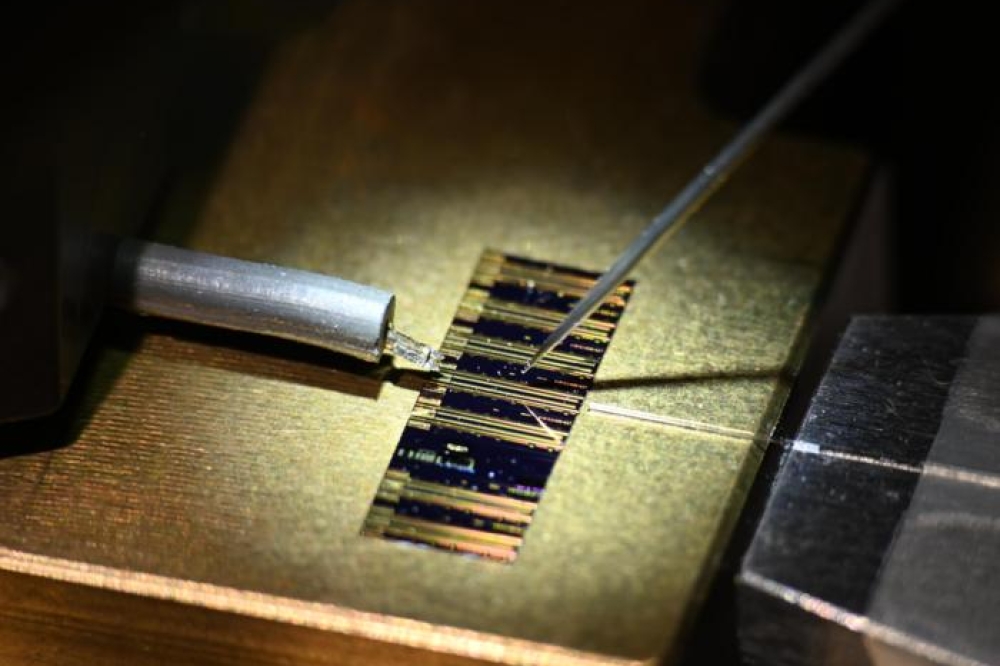News Article
Rohm introduces high-efficiency SiC Schottky barrier diodes
The low drive voltage of SiC SBDs features a reverse recovery time (trr) of 15nsec – much less than the 35nsec to 50nsec of conventional Si-based FRDs says Rohm.
The development of next-generation SiC (silicon carbide) Schottky barrier diodes (SBDs) has been announced by Rohm, featuring lower loss and higher voltage capability compared to silicon-based SBDs.
The SCS110A series also provides advantages over even other SiC SBDs currently on the market regarding forward voltage and operating resistance, making them ideal for a wide range of applications, including PFC (power factor correction) circuits, converters, and inverters for power conversion such as those used in EV/HEV and air conditioning units.
In the power electronics sector, conversion losses generated in conventional (Si-based) semiconductor devices have become increasingly problematic, prompting a search for a viable alternative. Silicon carbide (SiC) has emerged as the most promising candidate due to its superior material properties, in particular lower loss.
The new SCS110A series of SiC SBDs features a reverse recovery time (trr) of 15nsec – much less than the 35nsec to 50nsec of conventional Si-based FRDs. As a result, recovery loss is reduced by as much as 2/3rds, decreasing heat generation as well. In addition, the products ensure more stable operation during temperature changes than silicon FRDs, contributing to smaller heat sinks.
Compared with other SiC SBDs, the series improves trr and reduces chip size by 15%, along with operating resistance, temperature characteristics, and forward voltage (VF=1.5V at 10A), resulting in greater efficiency.
Rohm has also solved the problems associated with the mass production of SiC SBD devices, such as uniformity of the Schottky contact barrier and formation of a high-resistance guard ring layer that does not require high-temperature processing, making uniform, in-house production possible, says the company.
Key Features (SCS110A Series):
Ultra-small reverse recovery charge (Qrr) enables high-speed switching
Stable temperature characteristics
trr (reverse recovery time) characteristics independent of temperature
































